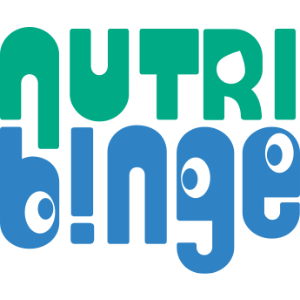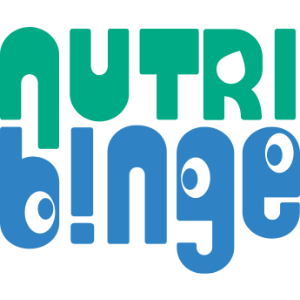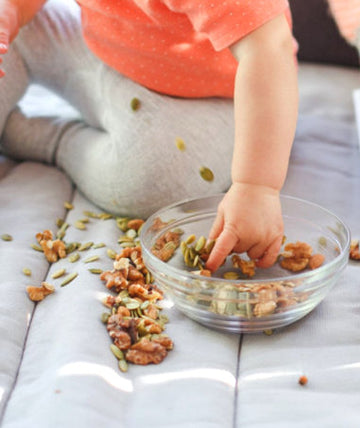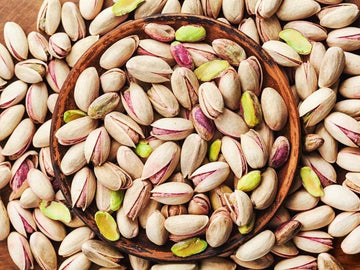Dry fruits are not only delicious but also packed with essential nutrients that are beneficial for babies' growth and development. Introducing dry fruits like almonds, cashews, raisins, and pistachios to your little one's diet can be highly advantageous. Let's delve into why these tiny treats are considered nutritional powerhouses and how you can safely incorporate them into your baby's diet.
Nutritional Benefits of Dry Fruits for Babies
Almonds
Almonds are rich in calcium and protein, making them excellent for strengthening bones and muscles in growing babies. Additionally, they provide essential nutrients for overall health and vitality.
Cashews
Cashews offer healthy fats crucial for brain development in infants. Their creamy texture and mild taste make them a favorite among babies while providing essential minerals like iron and zinc.
Raisins
Raisins are a great source of natural sugars and fiber, promoting digestion and providing a quick energy boost for active babies. Their small size and chewy texture make them ideal for tiny hands.
Pistachios
Pistachios are loaded with antioxidants that help boost immunity and protect against oxidative stress. These nutrient-packed nuts can contribute to your baby's overall well-being.
Safety Precautions When Introducing Dry Fruits to Babies
It is essential to introduce dry fruits to babies in a safe manner to prevent choking hazards. Ensure that dry fruits are finely chopped or pureed before offering them to your little one. Supervise your baby closely during feeding to avoid any mishaps.
Incorporating Dry Fruits into Baby's Diet
You can add dry fruits to your baby's diet by mixing them with cereals, porridge, or homemade baby food. This not only enhances the flavor but also boosts the nutritional value of the meal. Experiment with different combinations to find what your baby enjoys the most.
Age-Appropriate Time for Introducing Dry Fruits
While dry fruits offer numerous health benefits, it is crucial to wait until your baby is at least one year old before introducing them. Babies have delicate digestive systems that may not be ready to handle the complexities of dry fruits at an early age. Start with small portions and observe your baby's reactions closely.
Observing Baby's Reactions
When introducing dry fruits to your baby, start with small amounts and monitor for any signs of allergies or digestive issues. Common signs of allergies include rashes, vomiting, or diarrhea. If you notice any adverse reactions, stop feeding the dry fruit immediately and consult with your pediatrician.
Recommended Dry Fruits for Babies
Among the recommended dry fruits for babies are almonds, cashews, raisins, and pistachios. These nutritious snacks offer a wide range of vitamins, minerals, and antioxidants essential for healthy growth.
Introduction Process for Each Dry Fruit
Gradually introduce each dry fruit to your baby's diet, starting with small amounts and increasing gradually. Ensure that the dry fruits are prepared in a manner suitable for your baby's age and chewing abilities. For younger babies, consider pureeing or finely chopping the dry fruits to prevent choking hazards.
Monitoring and Consultation
Always consult with your pediatrician before introducing any new food to your baby's diet, including dry fruits. Your pediatrician can provide guidance on the appropriate timing and preparation methods based on your baby's age and development.
Benefits of Dry Fruits in Baby's Diet
Incorporating dry fruits into your baby's diet can provide a delicious way to offer a wide range of nutrients essential for their growth and well-being. From strengthening bones to boosting immunity, dry fruits offer numerous health benefits that can support your baby's development.
Conclusion
Dry fruits like almonds, cashews, raisins, and pistachios are nutritional powerhouses that can enhance your baby's diet. By introducing them gradually and monitoring your baby's reactions, you can provide them with a diverse and nutritious diet to support their growth and development. Remember to consult with your pediatrician before making any significant changes to your baby's diet.
FAQs
-
What age can babies start eating dry fruits? It is recommended to wait until the baby is at least one year old before introducing dry fruits to their diet.
-
How should dry fruits be prepared for babies? Dry fruits should be finely chopped or pureed to prevent choking hazards, especially for younger babies.
-
Are there any risks associated with giving dry fruits to babies? While dry fruits offer numerous health benefits, there is a risk of choking if not prepared properly. Always supervise your baby during feeding.
-
Can all types of dry fruits be given to babies? Not all types of dry fruits are suitable for babies. Stick to softer varieties like almonds, cashews, raisins, and pistachios, and avoid hard or large pieces that may pose a choking hazard.
-
How do I know if my baby is allergic to a specific dry fruit? Watch for signs of allergies such as rashes, vomiting, or diarrhea after introducing a new dry fruit to your baby's diet. If you notice any adverse reactions, consult with your pediatrician.






